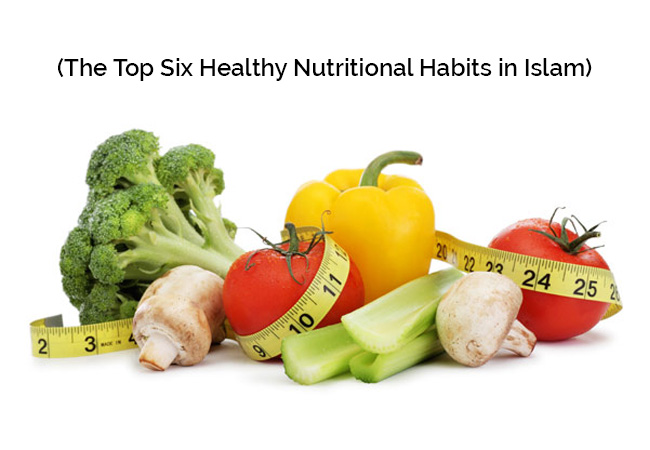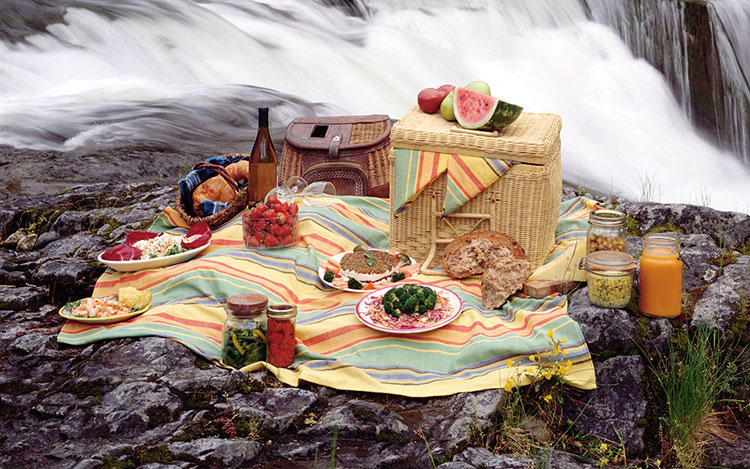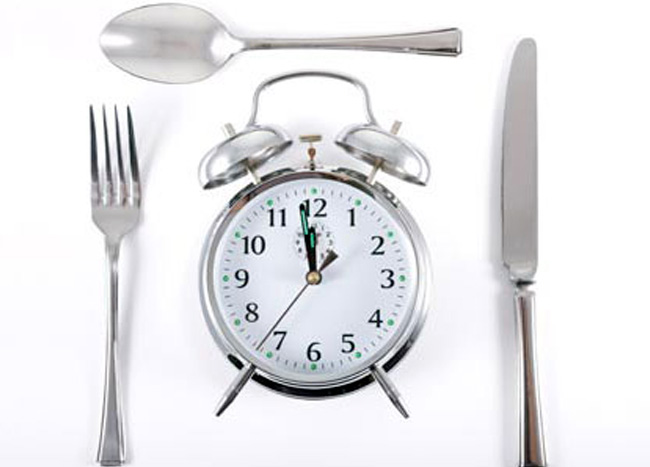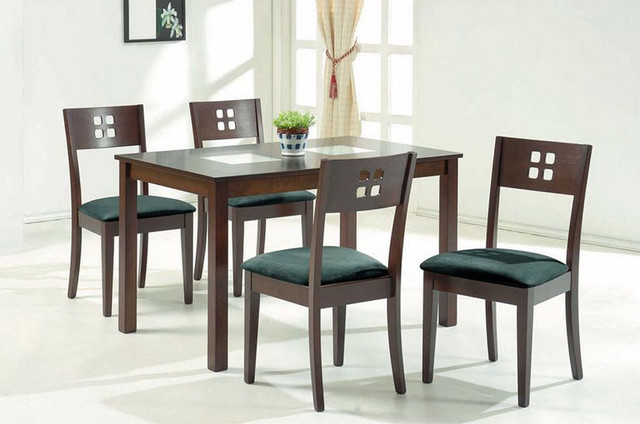 Eating in the Same Table where Alcohol is served is Forbidden
Eating in the Same Table where Alcohol is served is Forbidden
al-Kulayni has narrated through his chain from Abu Ja’far (AS) that he said:
Allah never raised any prophet but it was in Allah’s knowledge that when He would perfect his religion it would include prohibition of intoxicants. Intoxicants were always unlawful, even though they are carried away from (one) trait to (another) trait. And if it were imposed on them all together, it would have cut them off short of religion.
As Allah (SWT), Most Sublime, Most High commands us in Qur’an: They ask you concerning alcohol and gambling? Say! In them are great sin and some profit for men, but the sin is greater than their profit . (al-Qur’an – Chapter 2, Verse 219)
O you who believe! Intoxicants and games of chance, idols and divination by arrows are only an abomination of Satan’s handiwork. So stay away from them so that you may be successful.
The Shaytan only desires to cause enmity and hatred in your midst through intoxicants and gambling, and keep you away from remembering Allah and from prayer. Will you then abstain from them? (al-Qur’an – Chapter 5, Verses 90-91)
The adulterated info-energy and the negative effects on the human energy and the universal energy field from intoxicants can be further explained by narrating the following tradition from al-Ridha (AS) who has said:
Allah (SWT) forbade the drinking of wine, since it causes corruption, disturbance and intoxication of the mind . and becomes the cause of all the sins including murdering, and accusing falsely chaste woman of adultery and committing adultery, lessening abstinence, and refraining from forbidden deeds. (Wasail-Shia – Volume 17, Page 22)
Drug experts describe alcohol as the most dangerous drug on earth. Water loss, vitamin deficiency and electrolyte depletion are few of the health hazards of alcohol, besides liver damage, pancreas disorders, and major psychiatric illnesses. Because of the adverse side effects of this drug and a few others, Islam has prohibited its use even in small quantities, as the drug is also addictive. The faults within the fields of energy created from ingesting such a drug is disturbing and the reason why we have a list of illnesses that are alcohol-related:
Nausea, vomiting, flushing, mental excitement or depression, drowsiness, impaired perception, stupor, coma, even death may occur. (Gosselin, R. E. et. al., 1984)
Muhammad ibn Abdillah narrates from one of his companions that he said – I said to Abu Abdillah (AS) – May I be made your ransom! Why did Allah forbid the dead animal, blood and flesh of swine? He said: As for intoxicants, Allah has made it unlawful because of its effect and disorder. Verily! The one addicted to liquor is like the idol worshipper. It creates in him tremor and takes away his radiance. It destroys his sense of honor, and incites him to indulge in unlawful activities like bloodshed and fornication. When he is intoxicated, there is no guarantee that he would not assault sexually the women who are within the prohibited degree (like mother, daughter or sister) without being aware of it. The liquor does not lead the drinker except to every type of evil. (Man La Yahdhuruhul-Faqih)
Apparently, Muslims have also been recommended to avoid eating where people eat and drink forbidden drinks, behave shamelessly and perform forbidden acts. The reason for this advice is clear, and is because that person would be sharing his or her info-energy with alcoholics who have disharmonious energy patterns and contaminated info-energy from the alcohol, which will contain memories of abuse and intoxication. This sharing of energy (with alcohol or alcoholics) would not only adulterate one’s energy system, according to Dye (2000) but also make him weak and prone to evil, lustful desires. The mind works less convincing if its energy fields are low charged and blocked.
The same applies to all other addictive elements such as cocaine, marijuana, etc. No wonder alcohol, like music leads to other major sinful acts. Drinking alcohol is considered the mother of all vices. Using similar explanations, we shall explain how music also leads to adultery, a saying of the Prophet (S), and how truthful he was. This is another reason why the Aimmah have linked alcohol to other sinful acts.
The negative effects of alcohol at the physical and energy level in the surrounding universal energy have been well explained by Ali when he said:
If a drop of liquor falls into a well and a minaret is built on its nearby land I will not recite Adhan (proclamation to prayer) from it; and if it falls into a river and in its dry bed grows grass, I will not let my horse graze on it.
It is reported that in one instance the enemy of al-Naqi (AS), the Shiite Tenth Infallible (AS) was unable to pick up a glass that contained alcohol in it and wanted to give it to the Imam (AS). In other words, alcohol itself refused to be picked up and go near one of the cleanest individuals on this earth. We all have had similar experiences wherein we relate to the object in question – like a glass of water spilling on us just because it is dirty and the water does not want the person drinking it, a trip that was suddenly changed or cancelled, and so forth.
 Prayers to be recited at the time of eating
Prayers to be recited at the time of eating



